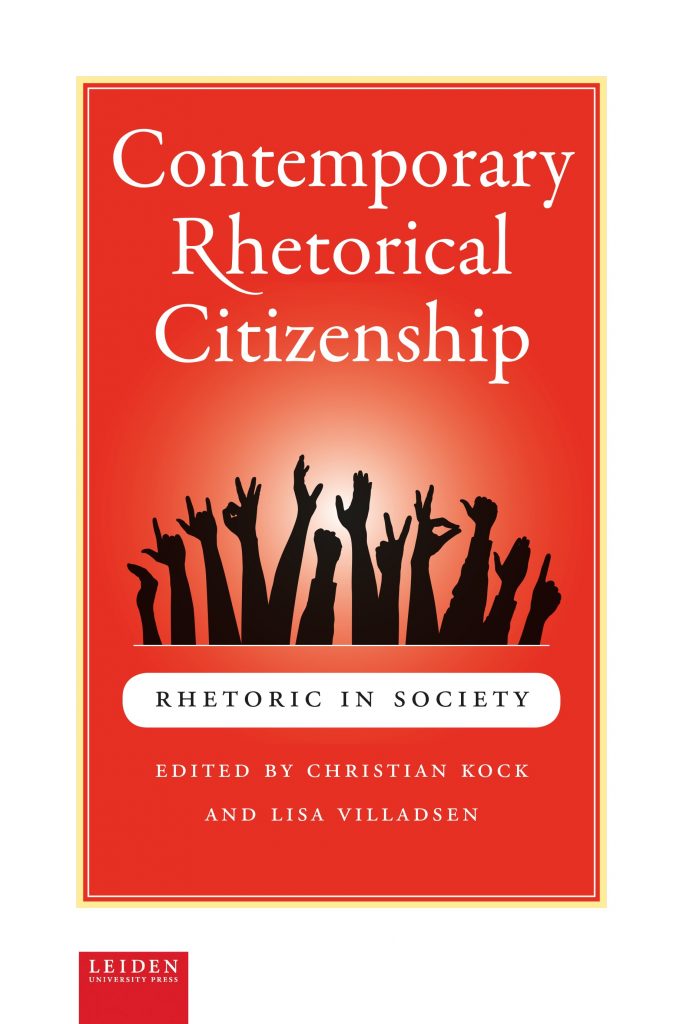
Being a citizen is not just about holding a passport or being allowed to vote. It is also about how we communicate with each other about common societal issues. Rhetorical citizenship is about how we as citizens participate in society by means of discourse. How do we talk and write about civic issues? How are we addressed? How do we listen?
This book presents studies from different academic fields of theoretical issues raised by public discourse, focusing on understanding and evaluating how its many manifestations both reflect, shape, and challenge the society it is a part of. The book also presents analyses of examples from around the world of civic communication, ranging from public hearings about same-sex marriage over polemical letters to the editor to public displays of knitting as a protest form.
Christian Kock is Professor of Rhetoric at the University of Copenhagen.
Lisa Villadsen is Associate Professor of Rhetoric, Head of the Section of Rhetoric and Head of Studies in the Department of Media, Cognition and Communication at the University of Copenhagen.